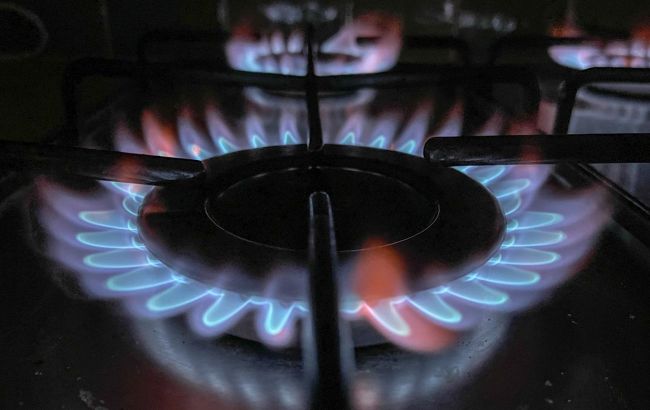EU reached preliminary agreement on ban on imports of Russian liquefied natural gas
 The EU has reached a preliminary agreement on a ban on liquefied natural gas imports from Russia and Belarus (Photo: GettyImages)
The EU has reached a preliminary agreement on a ban on liquefied natural gas imports from Russia and Belarus (Photo: GettyImages)
The European Union has reached a preliminary political agreement on gas regulation, allowing member states to ban imports of liquefied natural gas from Russia and Belarus, according to the communication of the EU Council.
On December 8, the European Parliament and the Council of the EU agreed on a regulation establishing common internal market rules for renewable and natural gases and hydrogen. The law aims to facilitate the penetration of renewable and low-carbon gases, including hydrogen and biomethane, into the energy system.
The Regulation will contain provisions allowing EU Member States to impose restrictions on the natural gas supply, including liquefied natural gas from Russia or Belarus, to protect the essential security interests of the countries or the European Union.
"This agreement will bring many benefits for consumers and our planet. It will cut our use of fossil fuels and reduce our dependency on imported fossil fuels. It will enable a switch to renewable energy and strengthen the security of supply. And importantly it will protect consumers," said Teresa Ribera Rodriguez.
Russian gas in Europe
Although the 27-member bloc has gradually reduced its dependence on Russian energy since the invasion of Ukraine in February 2022, it still receives about a tenth of its gas supply, including LNG supplies. Some member states, including Austria and Hungary, are still heavily dependent on supplies from Russia.
Despite the war, Ukraine allowed Russian gas to pass through its territory to countries such as Austria, Slovakia, Italy, and Hungary. The current transit volume is 42 million cubic meters per day.
At the same time, Ukraine has no plans to extend the transit contract with Gazprom, which expires in December 2024.
"Gazprom" has stopped publishing data on gas supplies to Europe. However, calculations show that the volumes fell by over half in 2023.

